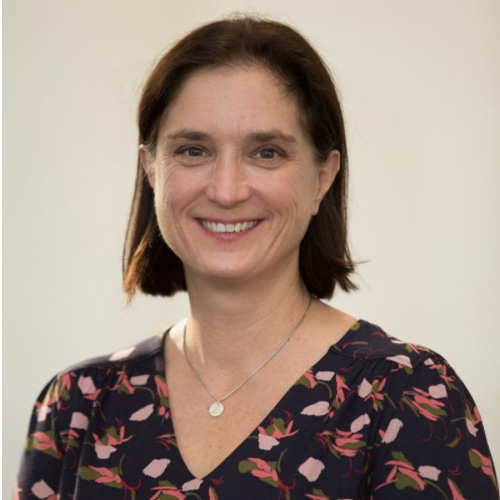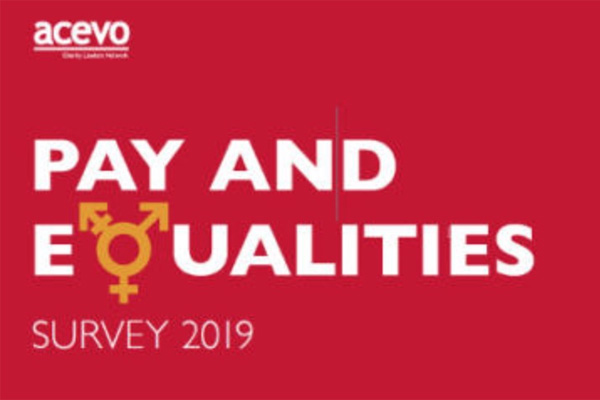The number of Black, Asian and ethnic minority (BAME) and disabled chief executives in the charity sector is ‘still too low’, according to Vicky Browning, CEO of the Association of Chief Executives of Voluntary Organisations (ACEVO).
Although the number of female charity chiefs has increased for the third year running, there are not enough BAME or disabled CEOs in the sector, reveals ACEVO’s latest Annual Pay and Equalities Survey. Approximately 63% of CEOs that responded to the survey were female, compared to just 36% male, revealing that while gender diversity has improved, other dimensions of diversity haven’t. Despite a small improvement in the number of BAME chief executives last year (up 6% from 3%), these statistics are ‘still too low’, according to the association.
UNDER-REPRESENTED LEADERS
The number of disabled CEOs in the sector also continues to be ‘under representative’, meaning that although ‘the number of female CEOs increased, the data indicates this is broadly limited to white, non-disabled women’.
While “it is positive to see the percentage of female CEOs better reflect the voluntary sector workforce, the percentage of female and male BAME CEOs is too low, as is the number of disabled CEOs,” confirmed Browning. “The Pay and Equalities survey shows us that more needs to be done to ensure all charities are supportive and inclusive workplaces that enable CEOs and staff to thrive, and better meet their charitable mission.”

of Voluntary Organisations (ACEVO).
BOARD LEVEL DIVERSITY
Board level diversity in the sector tells a similar story. Athough 76% of charity chiefs are satisfied with the gender diversity of their boards, only 26% are satisfied with the ethnic representation, according to the study. Yet, only 32% have any concrete plans to address ethnic diversity issues and only 34% have strategies in place to recruit more candidates with disabilities.
The survey also revealed that CEOs in the charity sector work on average an additional 10 hours each week, which amounts to three months of extra work per year, for no pay.
Although most CEOs in the charity sector see leading their organisations as a privilege, ‘long hours are often accepted as a symptom of limited resources facing unlimited demand’, said Browning. “But working an extra one and a half days over the standard five can seriously impact wellbeing and even lead to burnout. Trustees need to take seriously their duty of care to chief executives as well as the organisations and beneficiaries they serve.”
Falling CEO salaries in the sector aren’t helping. The average charity CEO salaries have fallen from £60,000 in 2013 to £53,000 in 2018, and the gender pay gap in the sector, which currently stands at 13.8%, also needs resolution.
ACEVO’s 2019 Annual Pay and Equalities Survey was conducted online between the 5th and 30th November 2018, and attracted 528 responses from charity CEOs on issues of pay, diversity and workload in the sector.
Click here for more information, or a copy of the report: https://www.acevo.org.uk/publications/pay-and-equalities-survey-2019








































